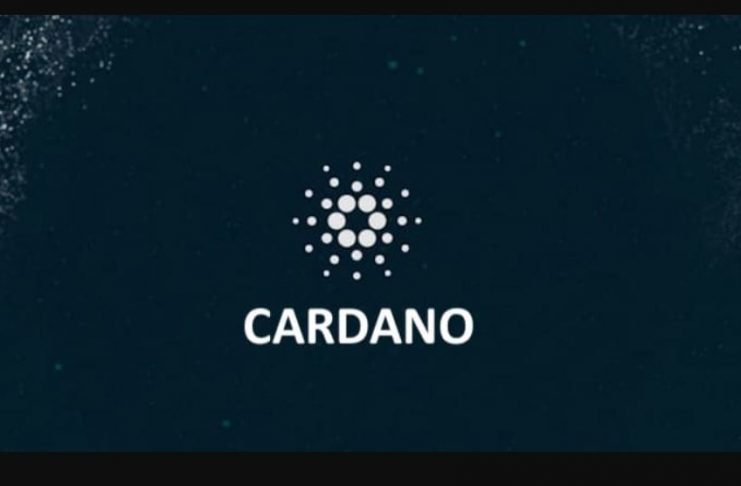In its latest report, Crypto Carbon Ratings Institute (CCRI) said each Cardano node consumes less electricity than other proof-of-stakes (PoS) networks.
Per the CCRI data, Cardano sits ahead of other popular blockchain projects like Polkadot, Solana, Tezos, Avalanche, and Algorand, in the latest ranking.
Cardano consumed 199.45 kilo-watt hours (kWh) per node, which saw it rank first. The Charles Hoskison-led smart contract project is followed by Polkadot and Solana, as both consume 236.49 kWh and 1,938.5 kWh, respectively.
The latest data is also reflected in Hoskinson’s comment last year, where he noted that Cardano is 1.6 million times more energy-efficient than Bitcoin.
“This metric depends on the number of transactions taking place on the respective blockchain, and also the overall electricity consumption per transaction further depends on the number of nodes connected to the respective network,” a statement published by the CCRI reads.
The CCRI noted that as each of the network’s transaction rates increases, the volume of electricity consumed by the respective blockchains is expected to decrease.
Although the Cardano network consumes a lesser amount of electricity per node, the volume of electricity it uses to process transactions is higher than the record of other networks.
According to the data, Cardano alone consumes 51.59-watt hours (WH) when processing transactions, while Solana ranks as the least blockchain network that consumes the lesser amount of electricity per transaction.
Solana High Electricity Consumption
The data puts Solana’s electricity consumption per transaction at 0.166 Wh.
However, Solana’s low electricity consumption for each transaction does not excuse the fact that the network energy consumption is still rising following its growing network congestion.
The CCRI further disclosed that as a result of the high energy consumption on Solana, the blockchain emitted over 930 tons of carbon dioxide (Co2).
DisClamier: This content is informational and should not be considered financial advice. The views expressed in this article may include the author's personal opinions and do not reflect The Crypto Basic opinion. Readers are encouraged to do thorough research before making any investment decisions. The Crypto Basic is not responsible for any financial losses.



